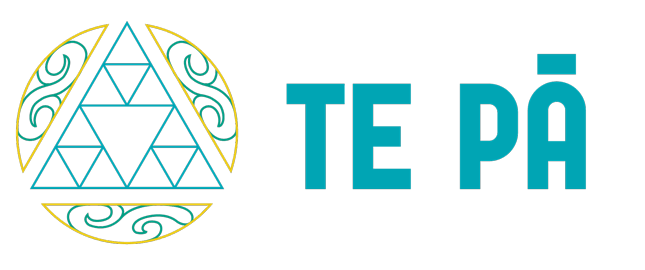Police Commissioner Andrew Coster recently announced that Armed Response Teams (ARTs) will not be part of the New Zealand policing model in the future.
PARS welcomes the decision and that it was made relatively early on in the evaluation process. However, we remain mindful that the matter is not yet closed, with the Commissioner also commenting, “We will still complete the evaluation into ARTs and that will now inform the wider tactical capability work programme. Any options that come out of that will be consulted with our communities to ensure we take a collaborative approach to policing in our communities.”
PARS will be holding the Commissioner to his word.
THE FACTS
- During the ARTs trial, police shot dead three men – all either Māori or Pasifika.
- When compared to Pākeha, Māori are seven times more likely to be charged as a first offender (Research carried out by advocacy platform, Just Speak: A Justice System for Everyone).
- Māori appearance rates in the Youth Justice Court (2010–2018) were more than nine times higher than that for non-Māori (Source: Ministry of Justice, 2018. Cited in Te Ohomai Rangatahi, PARS report, 2020.)
- In a letter to the Minister of Police (December 2019), AUT Law, Public Health, and the Mental Health Foundation, representatives spoke of the trial posing “an unjustifiable level of risk of serious harm and death to the most vulnerable people in our communities”, due to disproportionate use of guns against “individuals experiencing mental health crises and suicidal distress, and Māori and Pasifika communities.” (in which the highest rates of mental ill-health exist).
- The Commissioner himself acknowledged during his 14 June interview with The Hui that unconscious bias still exists within police. “All humans have unconscious bias and we’re no exception to that.”
This unacceptable reality demonstrates why it is crucial Māori be consulted in any and all justice decision-making processes that could impact Māori.
PARS will continue to speak out so that the views of our clients and Māori are fairly represented as we pursue disrupting the intergenerational pipeline of disadvantage.
Rarangatia te kowhaiwhaitanga
O te tika, te pono, me te aroha
Hei oranga mo te iwi.Weave the tapestry
Of right, truth and love
As sustenance for your people.

